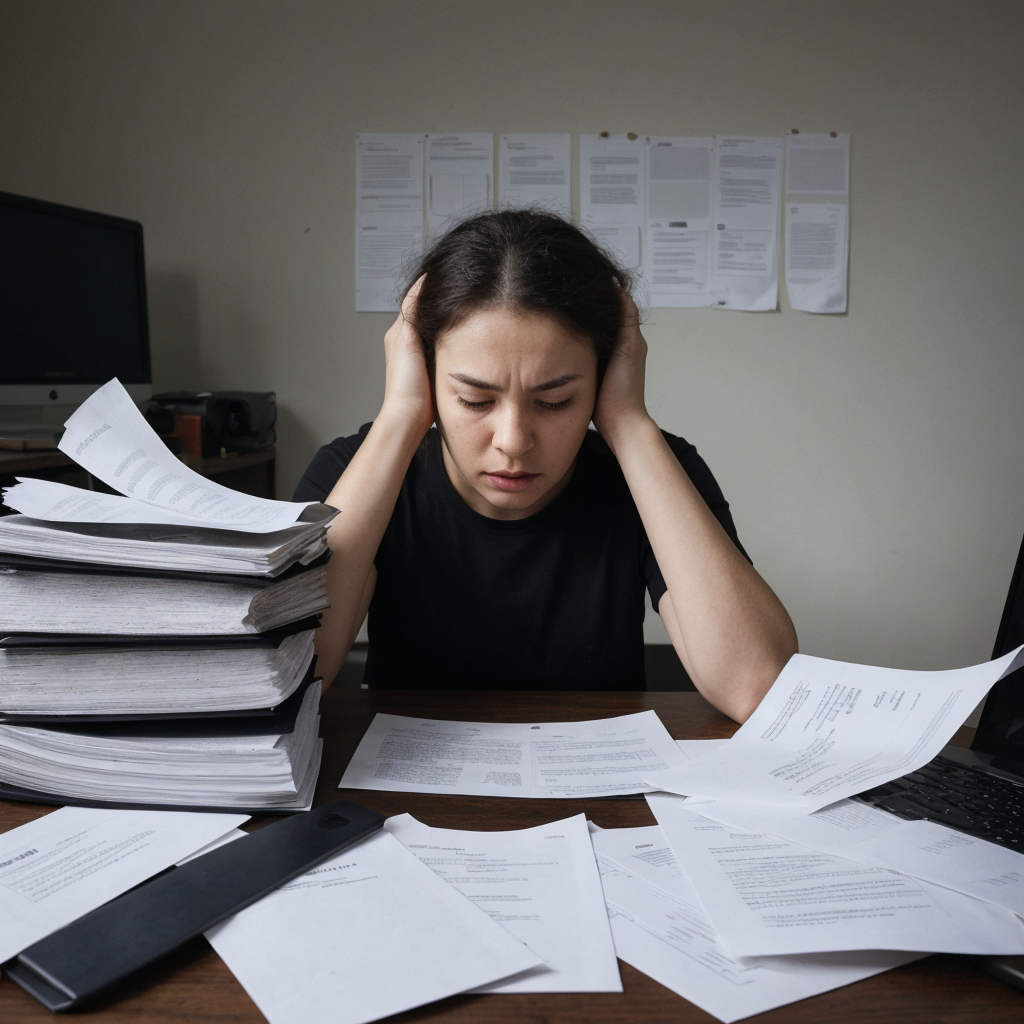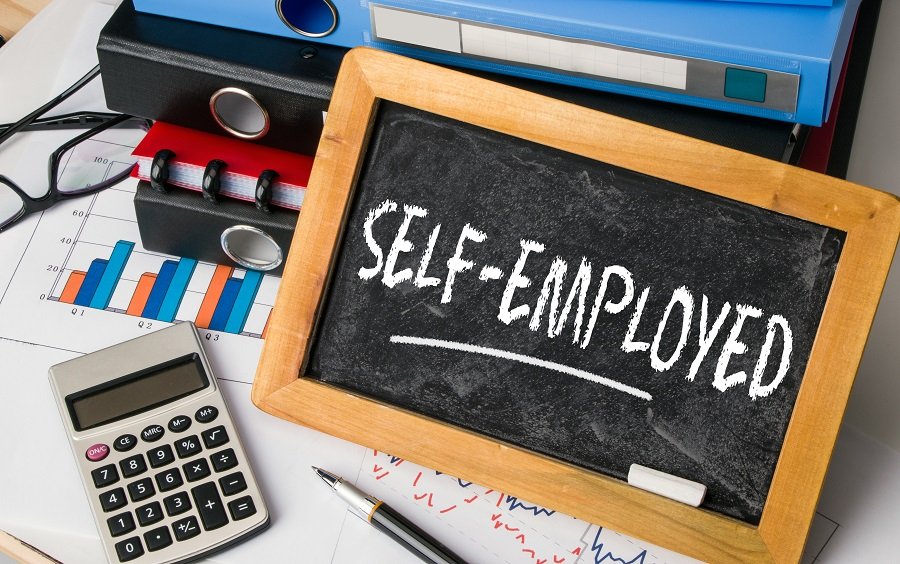When it comes to putting off or refusing to create an estate plan, your mind can concoct all sorts of rationalizations:
“I won’t care because I’ll be dead,” “I’m too young,” “That won’t happen to me,” or “My family will know what to do.”
But these thoughts all come from a mix of pride, denial, and above all, a lack of real education about estate planning and the consequences to your family of not planning. While each estate and family are unique, here are some of the things most likely to happen to you and your loved ones if you fail to create a plan.
1. Your Family Will Go To Court
If you don’t have a plan, or if you only have a will (yes, even with a will), you’re forcing your family to go through probate upon your death. Probate is the legal process for settling your estate, and even if you have a will, it’s notoriously slow, costly, and public. But with no plan at all, probate can be a true nightmare for your loved ones.
Depending on the complexity of your estate, probate can take months, or even years, to complete. And like most Court Proceedings, probate can be expensive. In fact, once all of your debts, taxes, and court fees have been paid, there might be nothing left for anyone to inherit.
2. You Have No Control Over Your Assets
If you die without a plan, the court will decide who inherits your assets, and this can lead to all sorts of problems. Who is entitled to your property is determined by our state’s intestate succession laws, which hinge largely upon whether you are married and if you have children.
Spouses and children are given top priority, followed by your other closest living family members. If you’re single with no children, your assets typically go to your parents and siblings, and then more distant relatives if you have no living parents or siblings. If no living relatives can be located, your assets go to the state.
3. You Have No Control Over Your Medical, Financial, Or Legal Decisions
Most people assume Estate Planning only comes into play when they die, but that’s dead wrong—pun fully intended. Although planning for your eventual death is a big part of the process.
If you become incapacitated and have no plan in place, your family would have to petition the court to appoint a guardian or conservator to manage your affairs. This process can be extremely costly, time consuming, and traumatic for everyone involved.
4. You Have No Control Over Your Who Will Raise Your Children
If you’re the parent of minor children, the most devastating consequence of having no estate plan is what could happen to your kids in the event of your death or incapacity. Without a plan in place naming legal guardians for your kids, it will be left for a judge to decide who cares for your children.
Get Help Today & Consult With An Estate Planning Attorney
An estate plan is not merely a document for the wealthy or the elderly; it’s a responsible and compassionate gift to your loved ones. By taking the time to craft a comprehensive estate plan, you’re not only securing your legacy but also providing a foundation for your family’s continued well-being. We will offer you the support and guidance you need at Hurban Law.
The Information On This Website Is For General Information Purposes Only. Nothing On This Or Associated Pages, Documents, Comments, Answers, Emails, Or Other Communications Should Be Taken As Legal Advice For Any Individual Case Or Situation. This Information On This Website Is Not Intended To Create, And Receipt Or Viewing Of This Information Does Not Constitute, An Attorney-Client Relationship.





